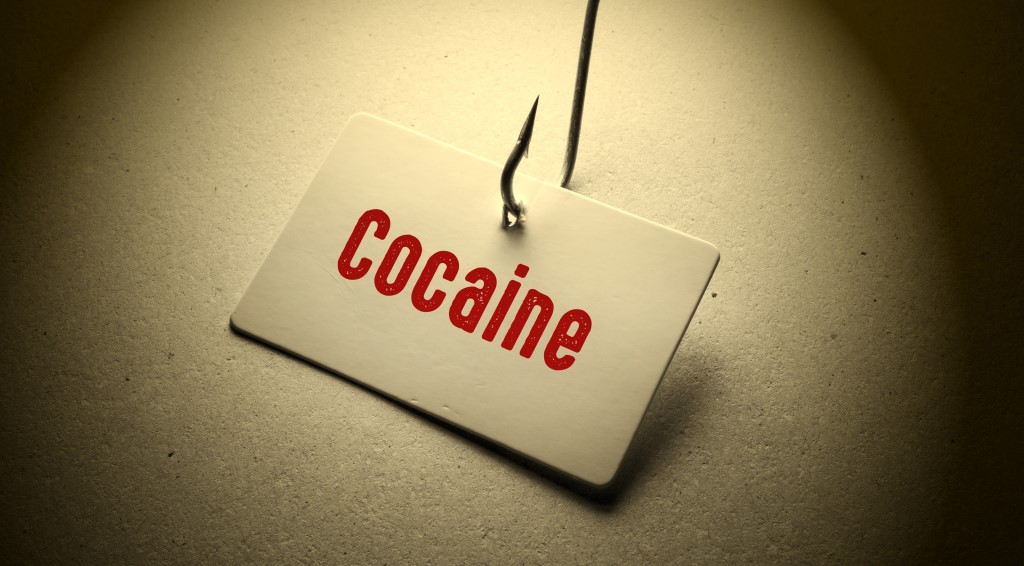When someone you know or perhaps even yourself confronts the shadows of cocaine addiction, the journey towards healing can be made even more complex by the accompanying weight of societal stigma. These stigmas are born from misconceptions, outdated beliefs, and misinformation. Breaking down these barriers and cultivating an environment of understanding is paramount for effective recovery.
One of the prevalent misconceptions surrounding cocaine addiction is the misguided belief that it’s solely a matter of willpower. You might have heard someone say, “If they really wanted to stop, they would.” However, addiction is far more intricate. The changes that cocaine induces in the brain can make quitting a daunting challenge. It’s not about the strength of one’s character; it’s about the profound alterations in brain function and structure that can make it excruciatingly hard to abstain.
Another misconception is the belief that only certain “types” of people become addicted to cocaine. This stereotype can lead to assumptions that can harm your understanding and approach towards someone in recovery. Addiction does not discriminate; it affects individuals from every walk of life, background, and social status. By understanding this, you create a more compassionate environment where your loved one can openly share their struggles without the fear of judgment.
It’s also worth noting that recovery isn’t a straightforward path. You might see your friend or family member experience relapses or face challenging times, but that doesn’t mean they’ve failed. Recovery is a lifelong journey, and there will be ups and downs. It’s essential to appreciate the courage it takes to even start on this path and the determination to keep going, even when faced with setbacks.
In a world that sometimes amplifies misconceptions about addiction, it’s crucial for you to be a beacon of understanding and support. By recognizing and challenging these myths, you not only provide your loved one with a safe space but also play a part in reshaping societal perceptions about cocaine addiction and recovery. Embrace an empathetic stance, and remember that with knowledge, support, and love, overcoming these stigmas and fostering a recovery-centric atmosphere is well within reach.
Here’s a list of subtopics related to “Overcoming Stigma: Addressing The Perception Of Cocaine Addiction And Recovery” that weren’t covered in the previous article:
- The Historical Context: How past events and media portrayal contributed to the current stigma around cocaine addiction.
- The Role of Media: Analyzing the impact of movies, TV shows, and news on perpetuating myths about cocaine addiction.
- Comparative Stigma: How the stigma surrounding cocaine addiction compares to that of other substances.
- Cultural Differences: Examining how different cultures perceive and handle cocaine addiction and its associated stigma.
- Effects of Stigma on Mental Health: Delving into how societal shaming can exacerbate mental health issues for addicts.
- Stigma in the Workplace: Addressing how professional environments often mishandle or misunderstand employees dealing with addiction.
- Education as a Tool: The power of community workshops, seminars, and school programs in dispelling myths.
- The Power of Personal Stories: Using testimonials and narratives to break down misconceptions and humanize addiction.
- Family Dynamics: How families internalize and sometimes perpetuate stigma, and how they can break the cycle.
- Policy and Legislation: Evaluating how certain laws and regulations might unintentionally uphold stigma and suggestions for reform.
Analyzing Stigma: Cocaine Addiction in the South African Context
The previous articles on “Overcoming Stigma: Addressing The Perception Of Cocaine Addiction And Recovery” shed light on the misconceptions surrounding cocaine addiction and the challenges that stigma presents. But how does this apply to you and your experiences in South Africa?
South Africa has a unique and intricate socio-political history, and drug use has often been tied to its socio-economic challenges. While the country grapples with various substance abuse issues, the stigma around cocaine specifically is shaped by both global narratives and localized experiences.
For instance, in South Africa, cocaine has sometimes been perceived as a ‘luxury’ drug, associated with affluence and the elite. If you’re from certain urban centers or affluent backgrounds, this might resonate with your experience. On the other hand, in many communities, drug addiction – whether to cocaine, tik (methamphetamine), or other substances – is perceived as a sign of moral decay, influenced by crime, unemployment, and broader socio-economic challenges. The duality of these perceptions – the glamorized and the demonized – adds layers to the stigma you or someone you know might face when battling cocaine addiction.
Furthermore, the media in South Africa, like elsewhere, plays a crucial role. Dramatic stories might emphasize the criminal elements linked to drug use, reinforcing negative stereotypes, and obscuring the deeper, often tragic personal tales behind them. This can further isolate individuals, making them hesitant to seek help. For you and your loved ones, these narratives can compound feelings of shame or judgment.
However, there’s hope. The richness of South Africa’s cultural and community tapestry can also be a source of strength. By tapping into community networks, emphasizing education, and openly sharing personal stories, you can actively challenge these stigmas. It’s an invitation to transform societal perceptions, one conversation at a time.
In the words of Nelson Mandela, a global icon from your nation, “Education is the most powerful weapon which you can use to change the world.” As you navigate the complexities of cocaine addiction in the South African context, let education be your guide, both in understanding the issue and in eradicating the associated stigmas.
Finding Recovery
Recognizing your addiction is a crucial step in the path to recovery. This self-awareness is commendable, but equally important is the challenging task of opening up about your addiction to your friends and family. These conversations, though difficult, are pivotal in building a support system for your recovery journey. Initiating a discussion about your addiction with loved ones can be daunting. Expect a mix of reactions as they process this revelation, and be prepared for some tough questions. It’s vital to approach these conversations with honesty, establishing trust that lays the foundation for ongoing support.
Possible Questions and Responses:
- Duration of Addiction
Loved ones might be curious about how long you’ve been struggling with addiction. Be candid about your experience, even if it comes as a shock to them. - Reason for Addiction
If you’re uncertain about why you turned to drugs or alcohol, it’s okay to admit it. Express your intention to delve deeper into these reasons during your recovery process. - Specifics of Your Addiction
When asked about the type of substances you’re struggling with, provide the necessary details without feeling pressured to disclose every aspect of your addiction. - Treatment Plans
If you’re still exploring treatment options, communicate this openly. Your conversation about addiction could be a step towards seeking help, and you might even request their assistance in finding suitable rehab facilities.
How Loved Ones Can Support You
Your loved ones’ reactions can vary greatly, from shock and anger to a strong desire to help. For those eager to support you, suggest practical ways they can assist:
- Assisting in researching and finding rehab and treatment options.
- Spending quality time with you.
- Engaging in open conversations and providing a listening ear.
- Simply being there for you, offering their presence and support.




